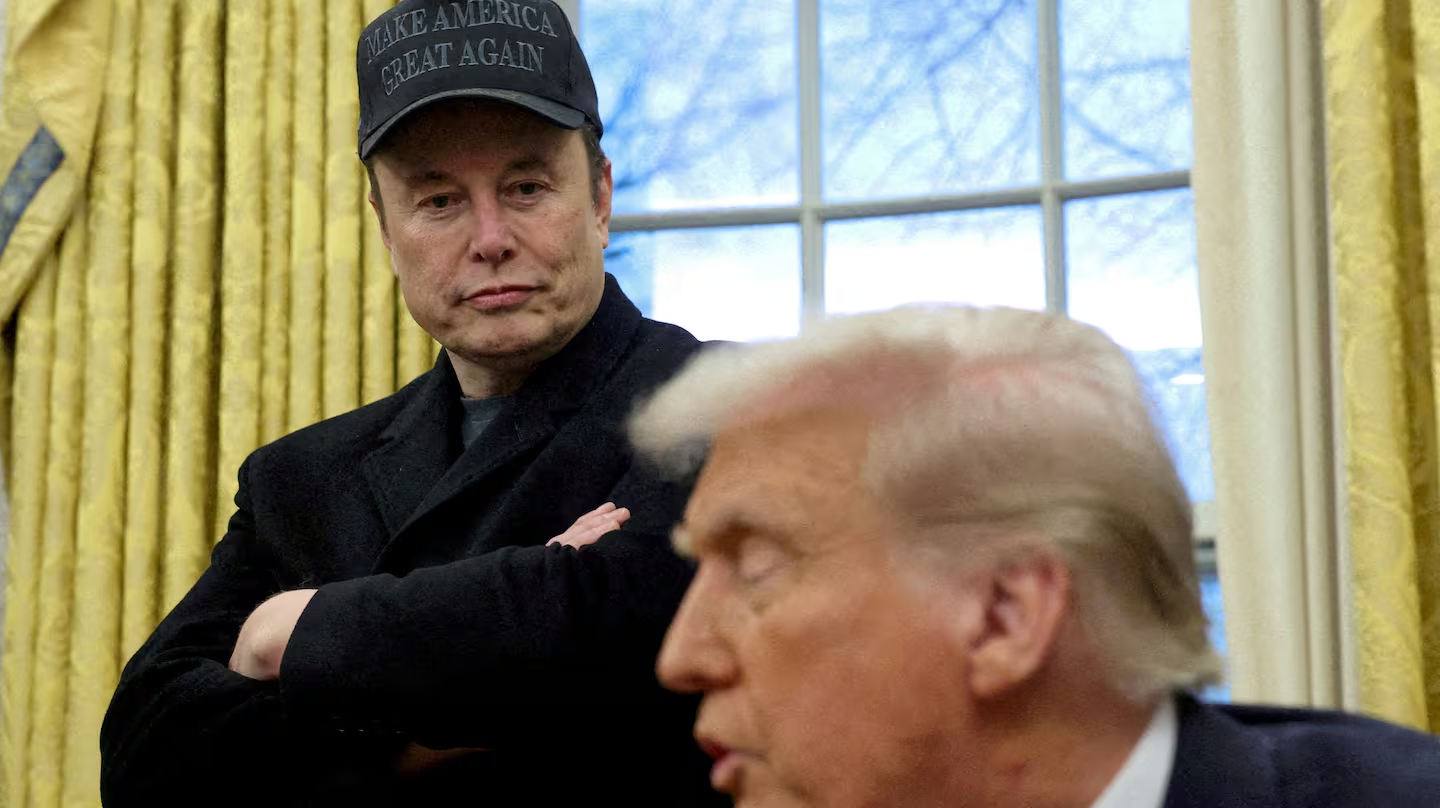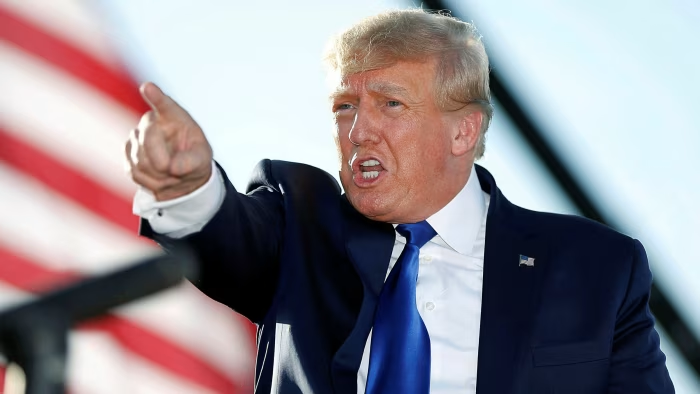Elon Musk’s DOGE goons quietly beamed tons of data from the White House using a secret Starlink rig, report says

Elon Musk’s loyal team at the Department of Government Efficiency (DOGE) managed to transmit a large volume of data—completely undetected—by setting up a Starlink Wi-Fi terminal directly on the roof of the White House, according to a newly surfaced report.
Starlink, the satellite-based internet service developed by Musk’s SpaceX, was installed in March with the approval of Donald Trump’s administration. However, it reportedly went forward despite serious concerns from key security officials, as detailed by The Washington Post.
According to insiders who spoke with the Post, the team responsible for safeguarding communications infrastructure at the White House was not notified ahead of time about the installation.
DOGE, at the time, claimed the Starlink terminal was deployed to fix persistent connectivity “dead zones” on the White House grounds. However, those familiar with internal operations say there was likely another motive: to circumvent the strict controls in place for monitoring and logging data traffic, including device identities and time stamps.
“Starlink doesn’t require anything. It allows you to transmit data without any kind of record or tracking,” one insider told the Post. “White House IT systems had very strong controls on network access. You had to be on a full-tunnel VPN at all times. If you are not on the VPN, White House-issued devices can’t connect to the outside.”
“With a Starlink connection, that means White House devices could leave the network and go out through gateways,“ the person said. “It’s going to help you bypass security.” Despite the serious concerns raised, the White House did not immediately respond to inquiries from the Daily Beast for comment.
Secret Service spokesperson Anthony Guglielmi told the Post, “We were aware of DOGE’s intentions to improve internet access on the campus and did not consider this matter a security incident or security breach.”
Before Musk’s departure from government service—and his eventual fallout with Trump—he had been engaging with some of the nation’s most sensitive government databases. That included systems like the one that handles Social Security data, raising alarms among critics who questioned the motivations and implications of his access.
In April, an employee from the National Labor Relations Board came forward with a whistleblower complaint accusing DOGE of overseeing a “significant cybersecurity breach.” Daniel Berulis, an IT worker at the agency, reported seeing unusually large data transfers and login attempts from Russian IP addresses shortly after DOGE took control of internal systems.
DOGE personnel, according to that report, explicitly demanded that their activity within the system remain unmonitored. While Trump had previously backed Musk throughout his campaign to gut government budgets and shrink federal employment rolls, their alliance has since crumbled into a very public and personal feud.
Nonetheless, the Post noted that when visitors arrive at the White House today, they can still spot a network listing on their phones: “Starlink Guest.”
Note to our readers: This article is based on a report from The Washington Post and includes confirmed statements and insider accounts regarding national cybersecurity concerns. We aim to present accurate and responsibly sourced information that reflects the current state of political affairs and technology in governance.



